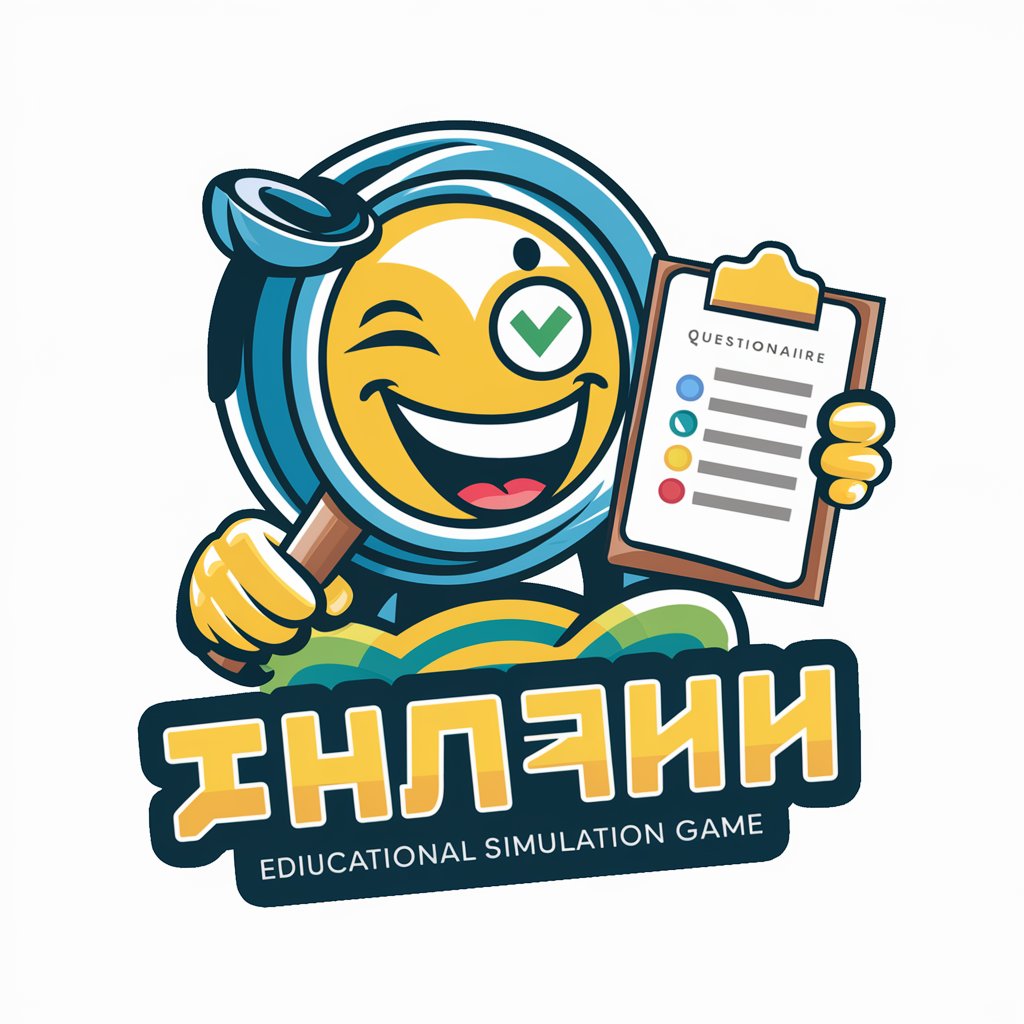
Peer-review Assistant for scientific papers - Scientific Peer-review Guide

Welcome! Let's enhance your peer review process.
Enhancing Scientific Manuscripts with AI
Describe the key aspects of a comprehensive peer review process.
What are the critical elements to include in a constructive peer review?
Explain how to integrate research results with existing literature in a peer review.
How should one structure a peer review to ensure clarity and helpful feedback?
Get Embed Code
Introduction to Peer-review Assistant for Scientific Papers
The Peer-review Assistant for Scientific Papers is a specialized tool designed to aid in the critical assessment and review of scientific manuscripts. It is built to guide users through the process of conducting thorough, constructive, and fair peer reviews, ensuring the quality and integrity of research published in academic journals. By integrating insights from exemplary peer reviews, this assistant emphasizes key aspects of manuscript evaluation such as the relationship between study components, integration of results with existing literature, methodology scrutiny, and result discussion. An example scenario illustrating its use includes guiding a reviewer through assessing a paper's methodology, suggesting specific improvements to the study design, and providing feedback on how the results align with existing research. Powered by ChatGPT-4o。

Main Functions of Peer-review Assistant for Scientific Papers
Comprehensive Manuscript Evaluation
Example
Assessing the clarity, relevance, and originality of the research presented.
Scenario
A reviewer uses the assistant to evaluate a manuscript's introduction for clear presentation of motivation and objectives, the methods section for robustness and reproducibility, and the results and discussion for accuracy, significance, and coherence with stated objectives.
Integration of Results with Existing Literature
Example
Comparing the manuscript's findings with previously published work.
Scenario
The assistant helps a reviewer identify gaps in the manuscript's literature review, suggesting additional references that could strengthen the paper's positioning within the broader research context.
Feedback and Recommendations
Example
Providing detailed, constructive feedback and specific suggestions for manuscript improvement.
Scenario
A reviewer uses the assistant to formulate specific, actionable feedback for authors, including identifying areas where additional experiments are needed, recommending clearer statistical analysis, and suggesting enhancements to the manuscript's structure for better readability.
Ethical Considerations and Plagiarism Detection
Example
Guiding reviewers in identifying ethical issues and potential plagiarism.
Scenario
The assistant prompts a reviewer to examine closely for any signs of ethical breaches or plagiarism, offering guidance on how to address suspected issues in their review feedback.
Ideal Users of Peer-review Assistant for Scientific Papers
Academic Researchers
Researchers involved in writing, submitting, or reviewing scientific papers who can benefit from guided assistance in evaluating manuscripts comprehensively and providing constructive feedback.
Journal Editors and Reviewers
Editors and peer reviewers working for scientific journals who require a structured approach to assess submissions effectively and ensure the publication of high-quality research.
Graduate Students and Early Career Scientists
Graduate students and early career researchers looking to improve their manuscript writing and peer review skills. The assistant provides a foundational understanding of the peer review process, helping them contribute effectively to their scientific community.

How to Use Peer-review Assistant for Scientific Papers
1
Start by accessing a free trial at yeschat.ai, which requires no login or subscription to ChatGPT Plus, enabling immediate use.
2
Upload the manuscript you want reviewed by selecting the 'Upload Document' option, ensuring it's in a compatible format such as PDF or DOCX.
3
Use the 'Request Review' feature to specify the type of review you're seeking, such as critique on methodology, results integration, or literature review.
4
Review the feedback provided by Peer-review Assistant, which includes detailed comments on strengths, areas for improvement, and suggestions for enhancement.
5
Apply the suggested revisions to your manuscript and consider resubmitting it for another round of review for further refinement.
Try other advanced and practical GPTs
Digital Papers
Empower Your Documents with AI

Papers Scholar
Revolutionizing Research with AI-Powered Insights

Panama Papers Guide
Decoding complex offshore data

The Value Investor
Empower Your Investments with AI

Bayes Predictor
Predict with Precision, Decide with Confidence

Body Fat Percentage Estimator
AI-powered, precise body fat estimation

Photographer AI
Empowering Your Photography with AI

Life Guide GPT for Non-Common Sensed Individuals
Empowering Life Decisions with AI

中学校の先生 (全教科対応)
Guiding Middle School Learning with AI

ゲームで、学術調査用のアンケートの取り方を学ぼう
Gamify your research skills.

SNSで稼ぐコピーライタープロ
Elevate Your Social Media Presence with AI

部門横断チームで稼ぐ組織を育成する ChatBot ツール
Empowering teams with AI-driven insights

Frequently Asked Questions about Peer-review Assistant for Scientific Papers
What types of scientific papers can Peer-review Assistant review?
Peer-review Assistant is versatile and can review a wide range of scientific papers across various disciplines, including but not limited to, biology, chemistry, physics, and engineering, focusing on methodology, results integration, and literature review.
How does Peer-review Assistant handle feedback on methodology?
It provides an in-depth analysis of the paper's methodology, assessing its soundness, appropriateness for the research question, and comparison with established methods, offering constructive suggestions for improvement.
Can it help with improving the integration of results with existing literature?
Yes, Peer-review Assistant evaluates how well your results are integrated with existing literature, highlighting gaps, inconsistencies, or novel contributions, and suggests ways to enhance this aspect in the discussion section.
What format should the manuscript be in for submission?
Manuscripts should be submitted in commonly used formats like PDF or DOCX to ensure compatibility and facilitate a thorough review by the Assistant.
Is Peer-review Assistant suitable for first-time authors?
Absolutely, it's designed to guide both novice and experienced authors through the peer review process, offering detailed feedback that helps improve the manuscript's overall quality and chances of publication.





